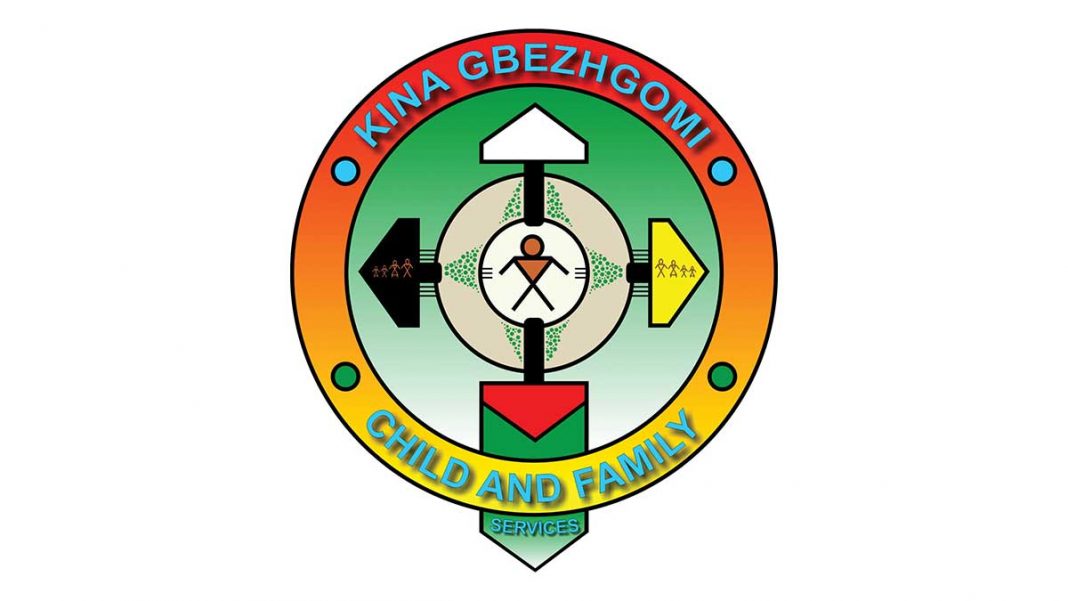On Manitoulin, Kina leaving decisions to member First Nations
OTTAWA – Indigenous Services Canada (ISC) and the Assembly of First Nations (AFN) last week signed a new protocol to guide the implementation of revolutionary changes in the Act respecting First Nation, Inuit and Métis children, youth and families, an act that is aimed at correcting failures in the Indigenous child welfare system and giving more jurisdiction to First Nations to manage their own child and family services.
“First Nations children deserve to grow up in a home that is full of love, culturally relevant, and has the resources to ensure success in life,” stated AFN national chief Perry Bellegarde in a press release about the announcement. He penned the agreement with Indigenous Services Minister Marc Miller on Tuesday, July 7.
Indigenous children are overrepresented in the child and family services system. They make up less than eight percent of the total population of children in Canada but Indigenous children comprise more than 52 percent of the children in foster care at private homes.
The government introduced this act in February 2019 and it came into force at the start of 2020.
Its purpose was to give jurisdiction over child and family services to Indigenous peoples who would be able to oversee the programs in a way that would benefit their children and communities.
However, the act brought no extra funding and left questions about how it would be monitored and enacted in various communities.
Aboriginal Peoples Television Network (APTN) News reported critics’ concerns about the bill, especially because many clauses contained requirements to work in the “best interests of a child.” The critics argued this was a vague requirement that could cause harm, especially given past practices thought to be in the best interest of a child that had the opposite effect.
The protocol signed last week opens new funding pathways and will foster negotiations between First Nations and Canada to address communities’ needs in exercising their increased jurisdiction under the act. AFN has become the first body to open such a protocol with Canada; Métis and Inuit groups will still have to have these discussions.
Anishinabek Nation Grand Council Chief Glen Hare said child welfare has been his passion for many years. Although he was supportive of the development, he said it’s “just words” until Canada sets up adequate funding for the programs.
“To make these programs work, we need resources on top of the funding to kick-start everything,” said Grand Council Chief Hare. “We’re already in a deficit when we talk about child welfare program dollars. How do we start off this with nothing? It’s one of those things that’s set up to fail unless we get those start-up dollars.”
AFN has previously said it would cost $3.5 billion over five years to take over the provincially operated child welfare systems and operate it under First Nation jurisdiction.
Grand Council Chief Hare said every province’s needs will be different and regional bodies such as the Union of Ontario Indians should be part of discussions to help ensure effective program creation.
“Our goal is the same as everybody’s, and that’s to protect the children,” he said.
The Union of Ontario Indians has been working on its own child welfare framework for several years; 22 of its 39 First Nations members have signed on to support the program to date.
In recent times, Grand Council Chief Hare said Indigenous leaders in Ontario have been holding twice- or thrice-weekly calls with provincial and federal ministers, something he said should continue to be the norm long after the pandemic era passes. He added that health and social issues should be a major focus because the impact of those issues can lead to future problems, including child welfare crises.
Kina Gbezhgomi Child and Family Services is a children’s aid society that oversees child welfare of the First Nations within the District of Manitoulin as well as their off-reserve citizens in the Sudbury-Manitoulin area.
Executive director Denise Morrow declined to comment on the development because all agreements will be between ISC, AFN and individual First Nations. Kina’s corporate members are representatives from the district’s First Nations and Ms. Morrow said her organization would follow the direction of those communities.
Wiikwemkoong Ogimaa Duke Peltier, children’s commissioner for Anishinabek Nation (parent group of the Union of Ontario Indians) did not respond to a request for comment by press time Monday.




